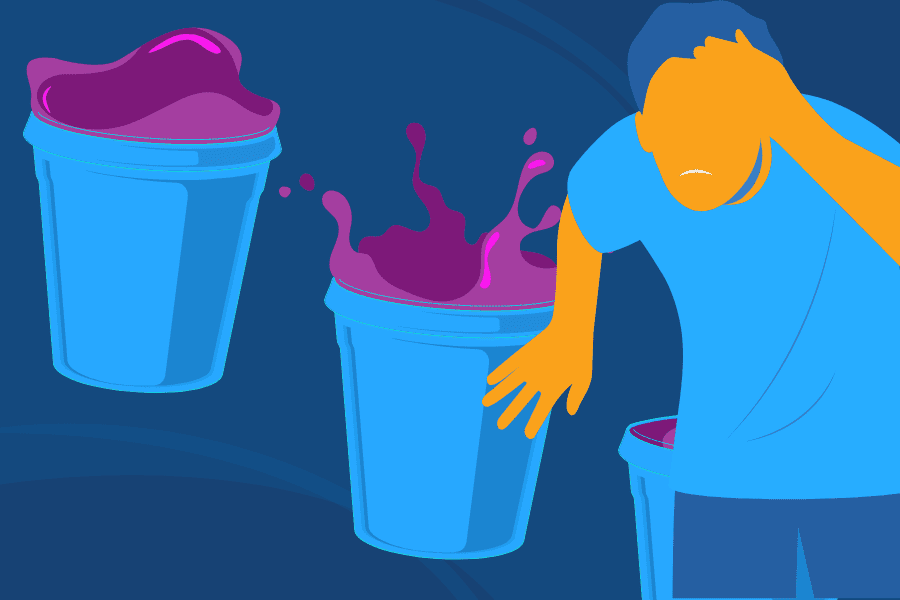What Is Opioid Dependence?
Opioids are a class of drugs that include a range of substances, including heroin, synthetic fentanyl, and more commonly known and prescribed drugs such as oxycodone, hydrocodone (Vicodin), and morphine. These drugs are traditionally used for pain management and have been central to the nationwide opioid epidemic.
Opioids work by attaching themselves to proteins in the body called opioid receptors, which are found on nerve cells in the brain, spinal cord, and other parts of the body. This attachment blocks pain messages that are sent from the body through the spinal cord to the brain.
When taken as prescribed by a medical professional and for a short time, most opioid pain relievers are safe. However, they’re often misused and can lead to chemical and physical dependence.
America’s Opioid Epidemic and Its Impact in the DMV Area
The epidemic that is opioid addiction is nothing new, but in the DMV area (DC, Maryland, and Virginia), opioid-related deaths and addiction are becoming more and more common. Maryland has consistently ranked among the top states with high opioid-related death rates.
Officials are working to make changes in policy and allocating more funding towards ending the grief and loss that addiction so often results in, but little progress has been made. One positive development is the increased use of naloxone, or Narcan, which reverses the effects of an overdose. Often administered by first responders, this drug has saved many lives.
While this is a fantastic advancement, administering naloxone doesn’t treat addiction. People who are struggling with substance use disorders often use drugs and alcohol to “numb out,” avoiding symptoms of co-occurring mental health disorders such as depression, anxiety disorders, or post-traumatic stress disorder. Because of this, they need to receive treatment, often on a long-term basis.
Comprehensive Levels of Care
No matter where you are in your recovery journey, our levels of care are personalized to your unique needs.
Heroin and Opioid Addiction Treatment in MD, VA, and DC
Programs like the ones at Sandstone Care that offer a continuum of care are essential for people struggling with addiction to have success in their recovery. Treatment is different for everyone, as each person has different reasons for substance use.
There isn’t just one reason for substance use, so there must be multiple treatment approaches. Evidence-based treatments such as cognitive-behavioral therapy (CBT), dialectical behavior therapy (DBT), mindfulness practices, and more are all used to treat the individual as a whole, rather than just treating their addiction.
Find the Right Facility for Your Needs
Explore our treatment center locations and find an option that works for you.
Finding the Right Support for Recovery
Access to treatment can be challenging but is possible. Sandstone Care offers Medical Detox, Adolescent Residential, Residential Extended Care, Day Treatment (PHP), and Intensive Outpatient (IOP) services specializing in working with teens and emerging adults in Maryland (MD) and Virginia (VA). In addition to offering several levels of care, we also partner with several organizations that provide care and resources that truly have the best interest of the client at heart.








